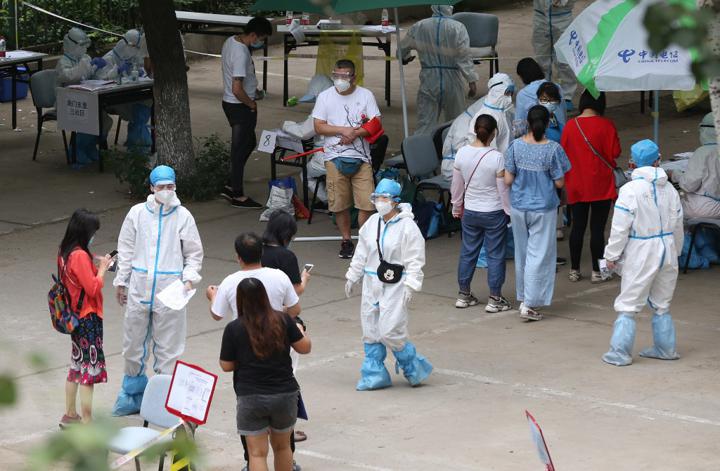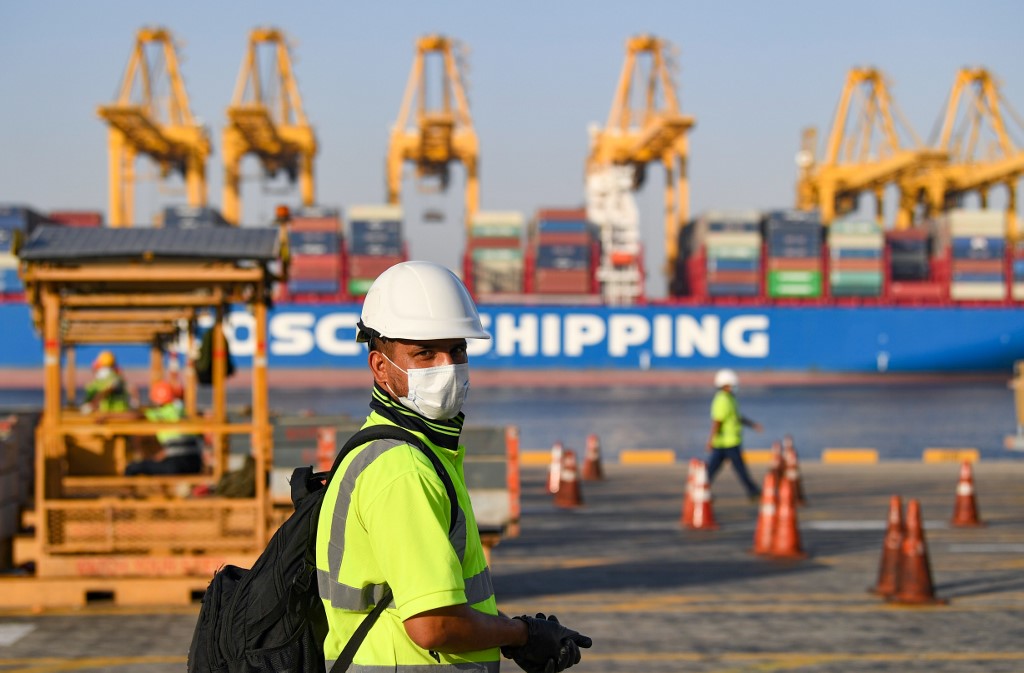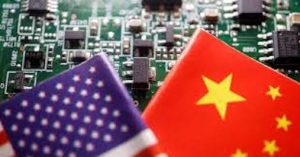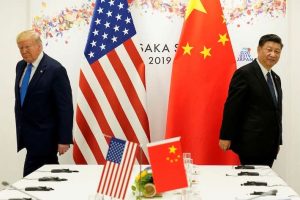(ATF) Hopes are rising that the global economy is over the worst of Covid-19, but fresh headwinds to trade and investment are mounting that make it rash for financial markets to bet on a smooth V-shaped recovery.
As governments in advanced economies respond to the pandemic by pledging greater self-sufficiency in key areas such as medical goods, the crisis is accelerating an unholy trinity of trends: a partial retreat from globalisation, the spread of barriers to trade and a hardening of anti-China sentiment.
These trends come together in a ground-breaking move by the European Union to slap tariffs on a country not normally associated with trade disputes – Egypt.
Why is Egypt in the firing line? Because of China. The EU announced on June 15 that it was imposing tariffs on Chinese producers of glass fibre after determining they had received preferential loans, cheap land and various tax breaks that allowed them to sell into Europe at below-market prices.
So far, so routine. What is new is that the European Commission ruled that Beijing’s subsidies were unfairly aiding two Egyptian subsidiaries of state-owned China National Building Materials Group Corp. Normally the EU considers only aid extended by the host government.
The unprecedented decision is the latest expression of concern about China’s rising economic profile in Europe. The main lightning rod, of course, is telecoms giant Huawei, and whether governments should contract it to roll out their 5G next-generation mobile phone networks.
The EU has recommended limiting but not banning Huawei. To that end, Brussels launched a so-called 5G toolbox in January that aims to mitigate the potential risk of doing business with vendors deemed to pose a security risk.
UK Prime Minister Boris Johnson is under particular pressure from within his ruling Conservative Party to bar Huawei by reversing his decision to give the Shenzhen-based company a limited role in building Britain’s 5G grid.
EU unease
The EU’s unease about China goes well beyond telecoms. In its latest move to rein in what it sees as “systemic rival” that has failed to keep its promises to open its markets, the Commission set out steps on June 17 to prevent foreign investors from using state aid to outbid rival bidders for European assets. The proposals also aim to thwart government-subsidised foreign companies from undercutting European firms in the $2 trillion public procurement market.
As well as heightening the West’s wariness of China’s economic ambitions, the pandemic has raised awareness that too many sectors rely excessively on a single country or supplier – usually Chinese – for strategic goods and parts.
President Emmanuel Macron wants the French economy to become “sovereign” by investing more in high technology. The UK is drawing up plans for “Project Defend” to protect national security by diversifying the sourcing of critical imports.

Medics conduct mass testing on people in Beijing for the coronavirus. Photo: AFP
For its part the US is pushing to create an “Economic Prosperity Network” of firms and civil society groups with shared standards on everything from digital business to energy and infrastructure. The explicit aim, according to officials, is to remove global industrial supply chains from China to punish Beijing for its handling of the Covid outbreak.
Global value chains: glory days are gone
Washington’s ambitions spell trouble for Asia. Many countries, not just China, have prospered mightily by inserting themselves into global value chains (GVCs). As well as the boost to manufacturing, being part of a GVC brings with it capital flows and access to world markets, human capital and knowledge.
A 10% increase in imports of intermediates raises labour productivity by an estimated 2% and income per capita by 11-14%, according to the OECD.
GVCs accounted for 60% of the growth in world trade between 1990 and the onset of the Global Financial Crisis in 2008, by one estimate. Now, with the uncertainty caused by the coronavirus, GVC activity could plummet by 35% as firms reshore production to rich countries, according to Dalia Marin of the Technical University of Munich and co-author Kemal Kilic.
GVCs had already stopped expanding in 2011, when trade peaked as a percentage of global GDP, and Marin and Kilic reckon their glory days are gone forever: “The changes in the world economy pose a threat to the growth model of many developing countries.”
Globalisation in retreat?
Other experts doubt that globalisation will shrivel so rapidly. Manufacturing in Europe or North America is still more costly than in Asia. Will consumers be willing to pay higher prices? Diversifying suppliers requires a lot of effort by firms to manage the new relationships and ensure quality control. Will they be more efficient than Chinese firms with their dense ecosystems of subcontractors? And if there’s another pandemic that shutters factories around the world, does having three suppliers instead of one guarantee that business will not be interrupted?
The “stickiness” of globalisation brings us back to Huawei. The Trump administration has not always followed through on pledges to punish the blacklisted firm. A move to block global exports of chips to Huawei has not proved watertight, while last week Washington tweaked its rules so that US companies can continue to work with Huawei on setting 5G standards.
Barring American firms from doing so had merely strengthened Huawei’s hand in a critical area, underlining how trade blacklists and investment boycotts can backfire.
In short, with politics in flux because of the pandemic, it pays to keep an open mind whether globalisation will continue to retreat or stage a recovery.
In that context, it is worth recalling John Maynard Keynes, who in 1920 looked back on the heyday of globalisation just a few years earlier, before the First World War ushered in an abrupt reversal.
“The inhabitant of London could order by telephone, sipping his morning tea in bed, the various products of the whole Earth, in such quantity as he might see fit, and reasonably expect their early delivery upon his doorstep,” Keynes wrote in The Economic Consequences of the Peace.
“But most important of all, he regarded this state of affairs as normal, certain and permanent – except in the direction of further improvement. Any deviation from it would be seen as aberrant, scandalous and avoidable.”
What would Keynes say today about globalisation’s prospects?
Alan Wheatley is an associate fellow at Chatham House, the London think-tank. He was formerly the global economics correspondent and China economics editor for Reuters.
ALSO SEE: Trump’s pension fund plan could split global markets
























